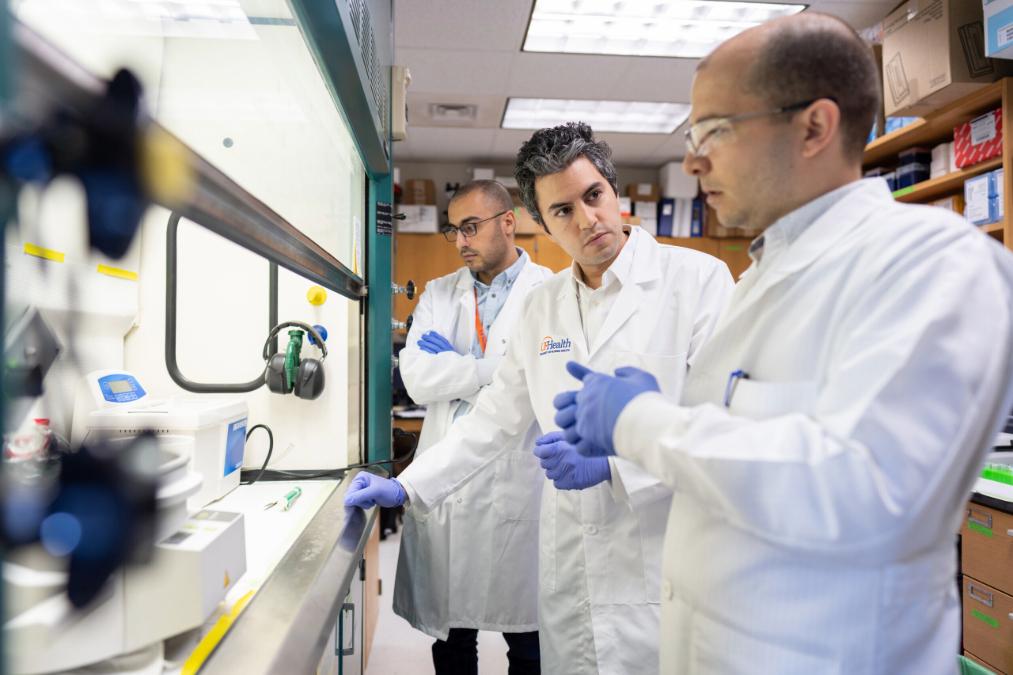mRNA ‘wake-up call’ shows promise as universal cancer vaccine

Credit: University of Florida
Researchers at the University of Florida have developed a new mRNA-based vaccine that, when combined with checkpoint inhibitor immunotherapy, significantly boosted anti-tumour activity in mouse models – raising hopes for a universal cancer vaccine that activates the immune system more broadly.
In a recent study published in Nature Biomedical Engineering, scientists demonstrated that combining the experimental vaccine with a checkpoint inhibitor drug triggered a powerful immune response, leading to slower tumour growth and, in some cases, complete tumour elimination.
Unlike traditional cancer vaccine strategies, which typically focus on a common shared target or are designed to match specific mutations, this formulation activated the immune system broadly. By mimicking a viral infection, the vaccine prompted the immune system to recognise and attack cancer cells that had previously gone under the radar.
“This paper describes a very unexpected and exciting observation: that even a vaccine not specific to any particular tumour or virus – so long as it is an mRNA vaccine – could lead to tumour-specific effects,” said senior author Dr Elias Sayour, a paediatric oncologist at UF Health and principal investigator at UF’s RNA Engineering Laboratory.
Checkpoint inhibitors, such as PD-1 blockers, work by helping the immune system recognise cancer cells as foreign. However, some highly mutated tumours are able to resist these treatments. The mRNA vaccine acted like a “wake-up call,” increasing levels of a protein called PD-L1 within tumours and making them more responsive to checkpoint blockade.
“What we found is by using a vaccine designed not to target cancer specifically but rather to stimulate a strong immunologic response, we could elicit a very strong anticancer reaction,” added Dr Duane Mitchell, co-author of the study and director of the UF Clinical and Translational Science Institute. “And so this has significant potential to be broadly used across cancer patients – even possibly leading us to an off-the-shelf cancer vaccine.”
The team tested the approach across various cancer types in mouse models, including melanoma, brain, skin, and bone cancers. The mRNA vaccine enhanced tumour control both in combination with immunotherapy and, in some models, as a standalone treatment.
The study builds on Sayour’s previous work, including a first-in-human trial last year that used a personalised mRNA vaccine to provoke immune rejection of glioblastoma, a highly aggressive brain tumour. The new research shifts focus to a generalised formulation that doesn’t require customisation – potentially speeding development and improving accessibility.
The research team is now refining the formulation and preparing for clinical translation. The study was supported by the National Institutes of Health and other federal funding bodies.












